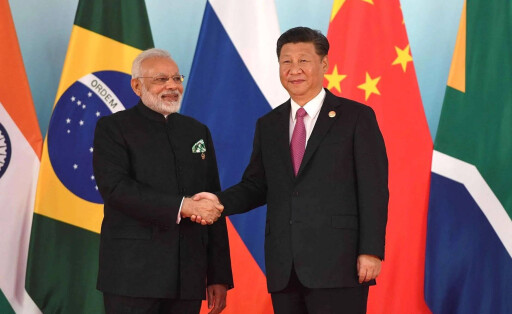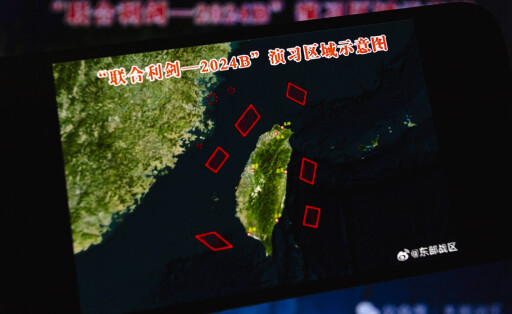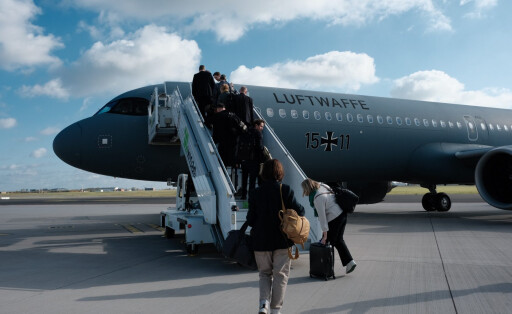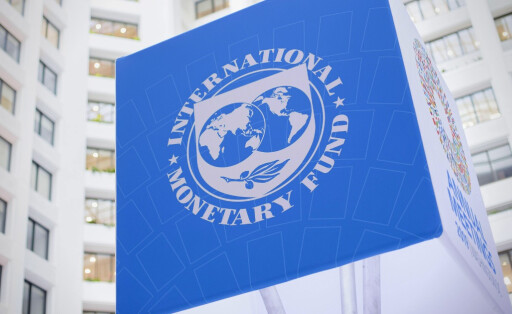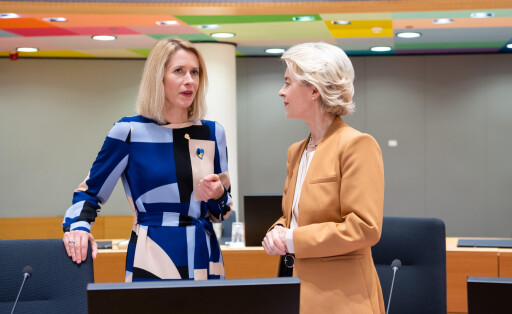
EU: What the Commissioners-designate think about China
Sanctions, defense budget and Global Gateway: The designated EU Commissioners have submitted their written answers to the confirmation of office. An overview of the most important statements on China.
By Manuel Changming Liu

